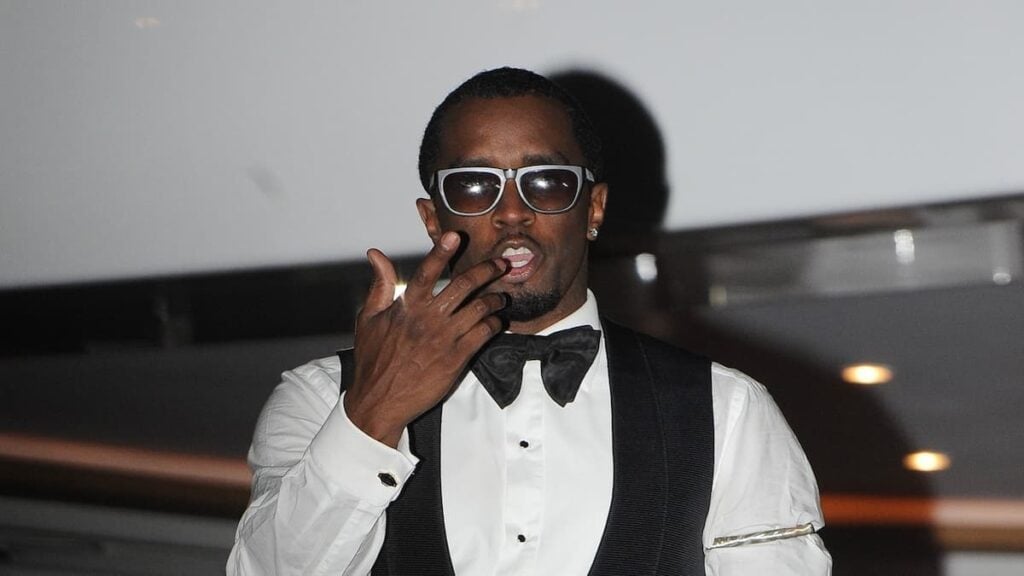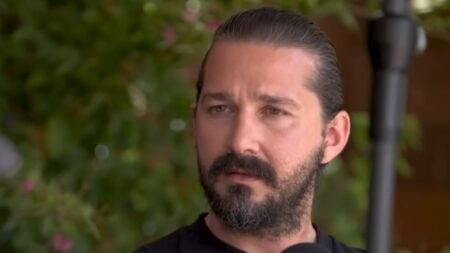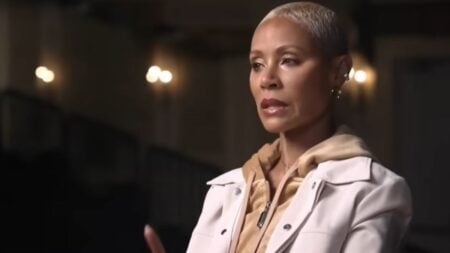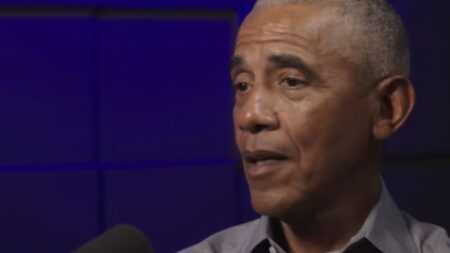Kim Porter’s name has resurfaced in headlines, tied once more to allegations surrounding her tumultuous relationship with Sean “Diddy” Combs. A new documentary, Diddy: Making of a Bad Boy, airing on Peacock, revisits Porter’s life, her untimely death, and the alleged secrets she kept—secrets that some believe could unravel the legacy of one of hip-hop’s most prominent figures.
Central to the controversy is the claim by Porter’s ex, Al B. Sure!, that she kept a diary documenting dark truths about Diddy. According to The Daily Mail, the diary reportedly detailed disturbing episodes involving violence, manipulation, and Porter’s growing fear for her safety. Sure! describes the entries as painting a harrowing picture of violence, manipulation, and morally ambiguous behaviors within the entertainment mogul’s world. However, Porter’s children have fervently denied the diary’s existence, dismissing these claims as conspiracy theories.
Sure!’s allegations suggest that Porter feared for her safety, believing her knowledge of Diddy’s personal and professional dealings put her life in danger. He has gone as far as to question the official ruling of pneumonia as the cause of her death, insinuating foul play. He went on to explain:
“She said something’s not right. [Diddy’s] soul has gone completely dark like he’s just not there...
…She made me promise on her son’s life not to ever reveal (anything) because she was in complete fear of my life…
…What I do know is that before her death she was keeping a diary. Someone got the passcode to her phone and computer and found out what was writing, what was going on behind closed doors.”
The documentary’s release has reignited public debate, shedding light on Diddy’s alleged decades-long pattern of exploitative behavior. Through testimonials from former associates, including musician Sara Rivers, and Sure!’s tearful recollections, a narrative emerges that paints Diddy as a deeply troubled and potentially dangerous figure. Rivers claims her own experience with Diddy left her feeling violated and intimidated, while anonymous sources describe lurid tales of “Freak Offs”—parties where guests were allegedly coerced into disturbing acts.
Diddy, now incarcerated and facing charges of sex trafficking and racketeering, maintains his innocence, with his legal team labeling the documentary a platform for baseless theories.
Much like the entertainment industry’s long history of reckoning with abuse, this story taps into broader issues of power dynamics and accountability. Similar to the rise of movements that demand transparency and justice, the allegations against Diddy compel observers to reflect on the unchecked influence wielded by some in the industry.
Porter’s tale also underscores the enduring impact of personal loss. Friends describe her as vibrant, strong-willed, and protective of those she loved. Yet, her legacy is now entangled with conspiracies that cast shadows over her life’s narrative.
As the documentary rolls out, public fascination with the mystery of Kim Porter’s death and her supposed diary is unlikely to wane. Whether it leads to new revelations or remains a polarizing topic, one truth seems clear: Porter’s story reflects the complexities of fame, relationships, and the human cost of living in the public eye.
For those seeking more than tabloid intrigue, this story prompts a deeper examination of the systems that allowed these alleged abuses to persist and the individuals, like Porter, caught in their web. If anything, her legacy serves as a reminder of the urgent need for accountability and the human stories that often go untold in the world of celebrity.









